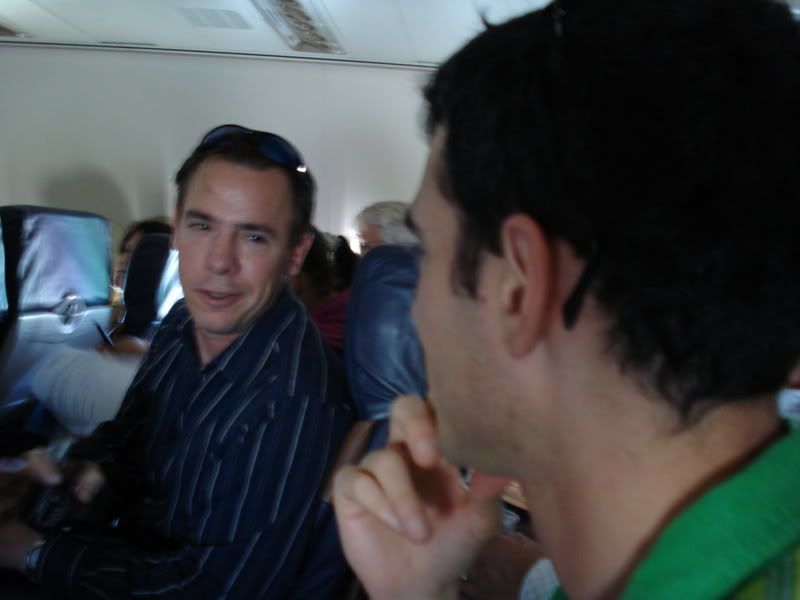There’s obviously been a lot of chatter about what resolutions to support at the CDP Convention this weekend (incidentally, the Resolutions Committee will only allow about 10 to get to the floor, and unless you get a buttload of signatures, that’s all that will be voted upon, so choose wisely). I’m going to make a plea for one that would actually change the way that the Party conducts its business. I don’t think there can be any more important a proposal, one that would demand accountability from the CDP and move us on a course to a 58-county strategy, than the resolution to form a standing Audit Committee as a change in CDP Bylaws.
What we’ve been talking about these past couple days is how the CDP can best allocate its resources to give Democrats in the state the best opportunity to succeed. Any business dealing with such massive asset allocation would consider it a duty to check the books every once in a while and see how things are going.
Right now the CDP does not really do this. A seat on the Finance Committee is pretty much closed unless you are a major donor, can pull in major donors, or you promise your first-born son to the Chair. And the accountability for the decision-making on what candidates to support or to not support is practically non-existent. We know that $4 million dollars left over from the last campaign was magically transferred to Fabian Nunez’ account for Assembly caucus work (some would say services rendered from AT&T). That money should not have been available at the end of an election season. Yet there is no transparency in the process. This is why there needs to be a change in the bylaws to allow an Audit Committee.
In a very smart and studied explanation of how this would work, the authors of the proposal state:
An audit committee is an operating committee whose members are normally independent of the management of the organization and/or drawn from outside directors. Audit committees are formed to assist the management of an organization by providing an independent review of the effectiveness of the organization’s financial reporting process and internal control system(s). Responsibilities of an audit committee typically include:
Overseeing the financial reporting process.
Monitoring choice of accounting policies and principles.
Monitoring internal control process.
Overseeing hiring and performance of the external auditors.
This essentially would act as a financial oversight committee that could make recommendations on how to best allocate resources. They would also ensure that the “financial statements” of the CDP meet with the approval of all of the “shareholders,” in other words, us.
The California Democratic Party (CDP), a dues membership organization, directs the expenditure of tens of millions of dollars each election cycle, most of which is subject to compliance guidelines governed by the Bipartisan Campaign Reform Act of 2002 (BCRA). The CDP commissions a bi-annual internal audit and an annual audit. Information regarding distribution of the auditor’s reports has not been disclosed to the general Party membership. Under the Nonprofit Integrity Act (SB1262), the annual audit of non-profit organizations required to register with the California Attorney General’s registry of charitable trusts must be made available within 24 hours to any member of the public who requests it. Although the CDP is not subject to that requirement, accountability to its donors would be served by adhering to the same standards for other organizations which raise their funds primarily from donors. The CDP’s auditor has reportedly been retained in his current capacity for nearly ten years. Most organizations change auditors every five years. Best practices, along with SB 1262 requires an audit committee for organizations with annual revenue of over $2 million, and the CDP certainly meets that criterion.
As for whether a resolution is in order, it would actually entail changing the CDP Bylaws. If enacted, an Audit Committee would be formed, just as we have a Rules Committee, Platform Committee, et al.
Here’s what else I like about it: the Audit Committee would ensure regional diversity.
To ensure the Audit Committee’s continuity from term to term, the Audit Committee should have as many members as there are regions (21), with terms both staggered and elected. The first election would be for all regions; half of those elected serving for four years and the other half for two years). Three subcommittees would be formed: Finance, Performance and Compliance, with seven members each, respectively:
The Financial Audits Sub-Committee – would deal strictly with financial matters (allocations and expenditures)
The Performance Audits Sub-Committee – would deal strictly with the Party’s performance to assess whether it is achieving economy, efficiency and effectiveness in the employment of its available resources.
The Compliance Audits Sub-Committee – would deal strictly with legal reporting matters and responding to published laws and regulatory agency requests.
We should not have to hear about $4 million dollar expenditures in the newspapers. We should not have an unaccountable system where money flows to various people for inscrutable reasons. We, as Democrats, deserve to have an independent board auditing the CDP, to ensure accountability and efficiency. And once that happens, more money can be freed up for the kind of year-round blanket organizing that you need in order to make this Party grow throughout the state.

 Ouch. Senator Hillary devoted barely any time to Iraq in her CDP Convention speech. She didn’t admit she made a mistake, even though she had the perfect opportunity. Really, I’m shocked by what she didn’t say.
Ouch. Senator Hillary devoted barely any time to Iraq in her CDP Convention speech. She didn’t admit she made a mistake, even though she had the perfect opportunity. Really, I’m shocked by what she didn’t say. Tonight’s
Tonight’s 
